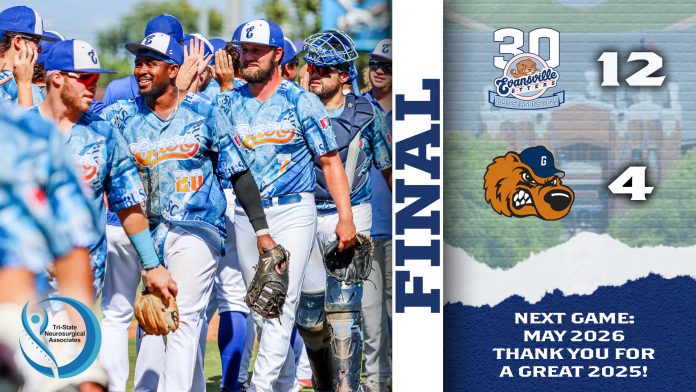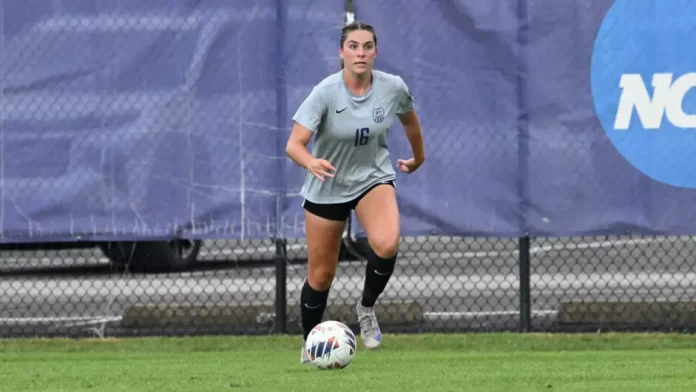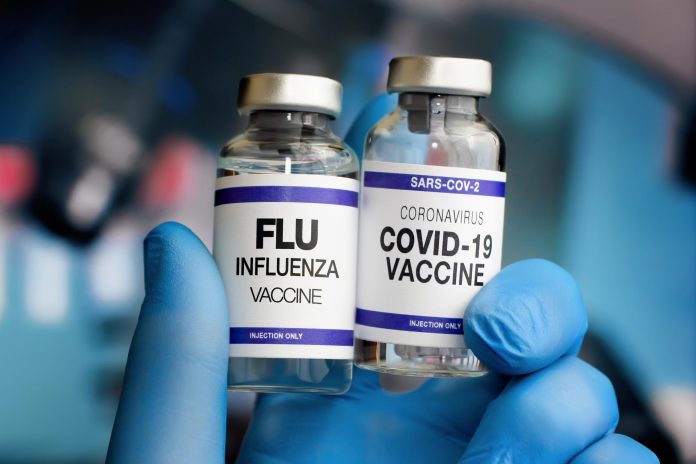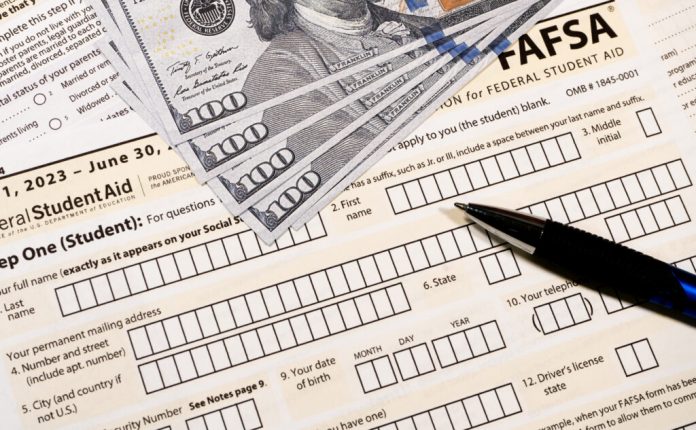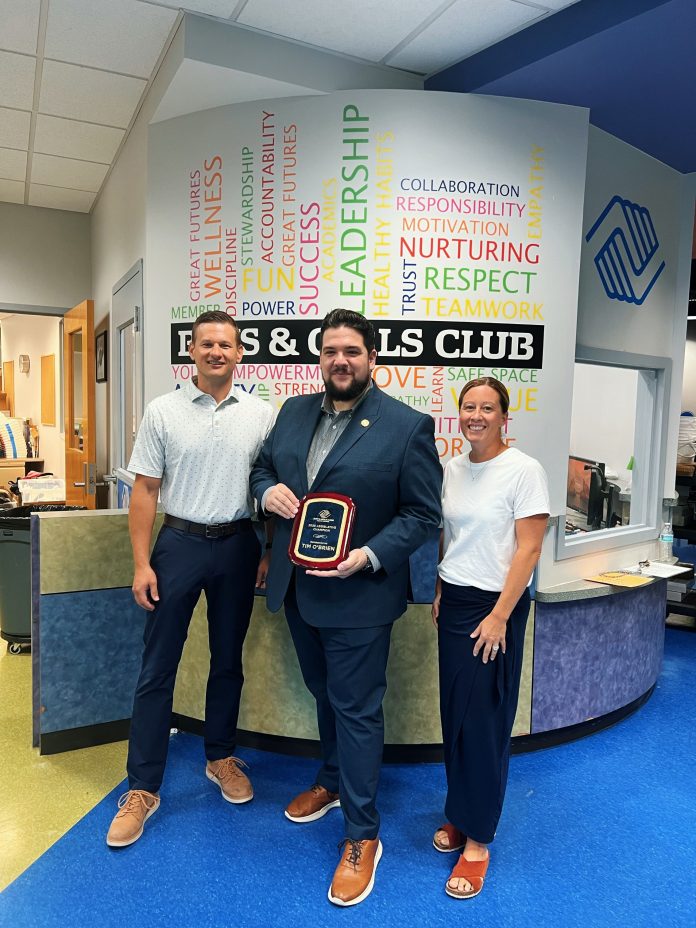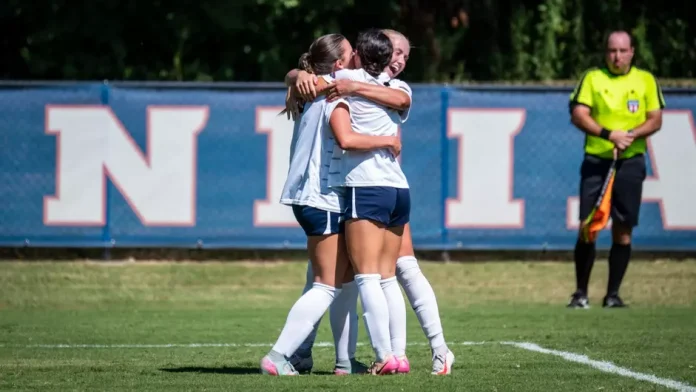By Leslie Bonilla Muñiz , Indiana Capital Chronicle
|
Indiana health agency noncommittal on vaccine recommendation.
Some Hoosiers are sounding the alarm about what could be a harsh COVID-19 and flu season — particularly following a significant change in federal vaccine rules this week.
“Many people are going to encounter barriers in getting a COVID shot,” said Indiana Rep. Ed Clere, R-New Albany. “That is unfortunate and likely to to make things worse as we get into the fall and winter.”
He was clear that he doesn’t support mandates.
The U.S. Food and Drug Administration on Wednesday rescinded the Emergency Use Authorizations for COVID-19 vaccines and issued marketing authorization focused on “high-risk” Americans. Patients must consult with doctors before being able to get vaccinated.
U.S. Health and Human Services Secretary Robert F. Kennedy Jr., an avowed anti-vaccine activist, spearheaded the changes.
“People who wish to receive a vaccine should continue to have easy access … That’s in everyone’s interest,” Clere added.
The virus’ presence in Indiana wastewater has already spiked in recent weeks, according to the state’s wastewater dashboard.
“Wastewater testing is useful in understanding the spread of COVID-19 since it does not depend on people heaving access to health care, seeking health care when sick or getting tested for COVID-19,” the dashboard notes.
Former U.S. Surgeon General Dr. Jerome Adams — also previously Indiana’s top health official — posted on X that he’s “deeply concerned about the new FDA move limiting COVID vaccines only to ‘high-risk groups.’ CDC data shows those 50+ face rising risks, with 65+ at up to 340x higher death risk. Add in those with chronic disease and 71% of U.S. adults are at elevated risk!”
People who aren’t considered “high-risk” can still experience severe illness and “deserve the chance to protect yourself,” he added.
Adams served as surgeon general during President Donald Trump’s first administration. As head of the U.S. Public Health Service Commissioned Corps., he was among the country’s top public health spokespeople. Before his appointment, he was Indiana’s health commissioner.
He remarked that many Americans don’t have insurance or access to doctors.
“RFK promised — under oath — that anyone who wants a vaccine will be able to get one. Now he says you can only get one if your doctor says so,” Powell wrote. “To be frank and objective, unless he’s also giving everyone access to free healthcare, he seems to be reneging on his promise.”
State approach
Indiana also has a shortage of health care providers, Clere observed.
He tested positive for the virus two weeks ago. The experience was “relatively mild” but “very unpleasant,” with chills, congestion, a fever and irregular heartbeats.
“It remains a scary disease, and that’s why we need to continue to take it very seriously,” Clere said.
He described a “disconnect” and a “complete lack of awareness campaigns” from state and federal sources.
Indiana’s main vaccine webpage still refers to last year’s COVID-19 vaccine formulation, as well as the now-rescinded Emergency Use Authorizations.
Asked if the Indiana Department of Health would recommend any vaccines, spokeswoman Greta Sanderson said the agency “will send communication about staying healthy during the respiratory illness season” with a focus on preventative measures.
“That includes talking to your provider about what vaccines are recommended for you based (on) your individual risk factors and practicing the three ‘C’s of covering a cough; cleaning and disinfecting commonly touched surfaces; and containing the spread of the virus by staying home when you’re sick.”
She didn’t detail when or where those communications would be released.
“While I was down with COVID, I was … trying to make sure I was up to date on the isolation protocol, because I wanted to … make sure I wasn’t exposing other people,” Clere said. His online searches turned up “scant and conflicting information.”




